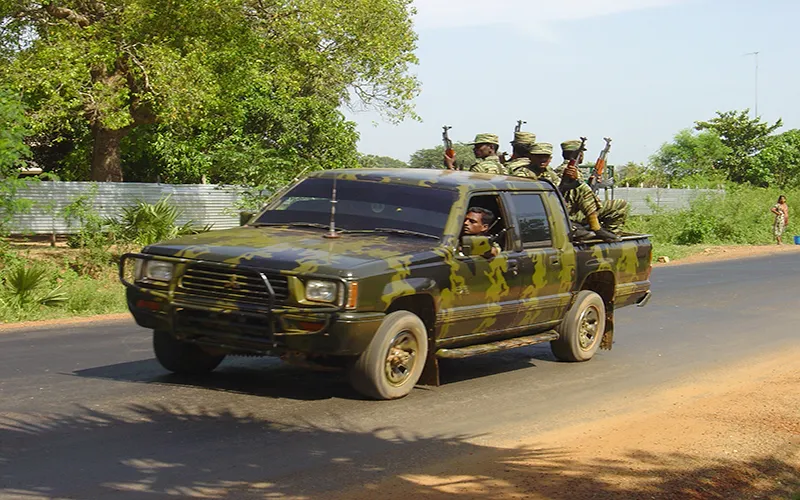"The much-awaited UNHRC commissioned OISL report (Office of the High Com missioner for Human Rights-Investigations on Sri Lanka) has turned out to be only old wine in older bottle. It could not have been otherwise either, considering that it is only a ""human rights investigation, and not a criminal investigation"", as it points out in an early paragraph.
The probe report, whose presentation was delayed by six months, to give time for the new government of President Maithripala Sirisena, covers issues that had been reported in the media. It includes commissions and omissions not only of the Sri Lankan armed forces but also of the LTTE.
Of specific interest or concern should be the alleged killing of surrendered LTTE leaders in the last days of the war, and also the LTTE's forced recruitments, human shields and child soldiers, all of which too had continued till the very end (though not highlighted as such in the report). It also recommends that Sri Lanka open its doors to UNHRC to monitor the implementation of the report. The Rajapaksa government had shut the door firmly on the probe, and on the probe team, too.
The probe covers a wide canvas, from 2002-2015. As a result, many past leaders, including former President Chandrika Kumaratunga, PM Ranil who was in office 2001-04, and Mahinda Rajapaksa cannot escape culpability , if established. The question would be whether President Sirisena too would have to bear part of the cross, as he was the acting defence minister during the end of the war in 2009, and on earlier occasions under Rajapaksa.
There is nothing in the report, nor in the UNHRC proceedings thus far in this session, to suggest if the evidence collected and relied on by the OISL team would be passed on to the Sri Lankan authorities for them to follow up. If so, it is not only `witness identity' that needs to be protected, but even that of the alleged perpetrators, if already identified in the report.
Sri Lanka has promised action under domestic laws, and whether it would demand fresh probe and evidence-collection is unclear. There can be a myriad of domestic court cases, challenging the processes, procedures and the insti tution of criminal cases against individuals, be it from the armed forces or the LTTE. The same lack of clarity applies to the cases of missing persons. It is also unclear if any mechanism would have to set up to bring to book LTTE actors who may be overseas.
Only days before the report was due to be placed before the UNHRC for pub lication (and wide publicity), Sri Lan ka's foreign minister Mangala Sama raweera made two promises to the UNHRC -to set up a South Africa-like Truth and Reconciliation Commission and also a `missing persons office'. Both would require not only directions from the international community , particularly the non-UNHRC players, but also sincere cooperation from them if the home processes were to be seen as being fair and balanced. The US, the indefatigable prime-mover behind the OISL probe, has indicated that it would be keeping a close watch.
All the promised processes and institutions are in place in Sri Lanka, courtesy Rajapaksa. But the truth is, the existing institutions lack credibility because of their identification with a leadership that the world loved to hate -and who hated them even more. To the extent that the whole issue is as much about credibility as about criminality , there is a lot at stake for every stakeholder, both Sri Lankan and foreign.
How they meander through the mess in the coming weeks, months and years would be a lesson for not only them but for the rest of the world. For re-opening old wounds in the name of reconciliation requires a lot of deft and focused handling. A lot would depend on the turn of political events in what still is a politically unstable country , which the follow-up action on the report could influence.
Courtesy:http://epaperbeta.timesofindia.com/index.aspx?eid=31807&dt=20150917# "
The views expressed above belong to the author(s). ORF research and analyses now available on Telegram! Click here to access our curated content — blogs, longforms and interviews.




 PREV
PREV


